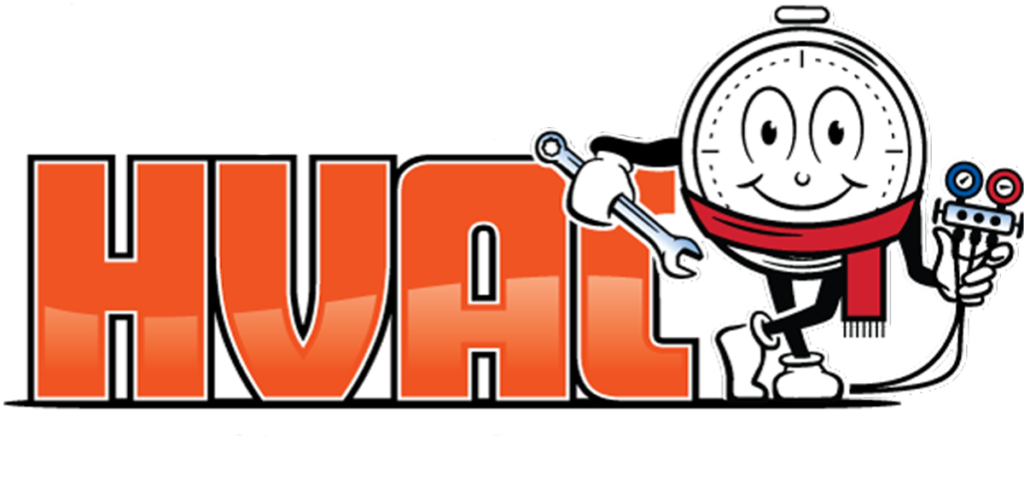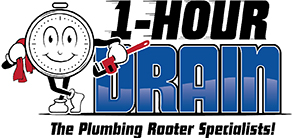Maintaining a well-functioning plumbing system is essential for the comfort, safety, and convenience of your home or business. While plumbing issues can arise unexpectedly, many problems can be prevented through proactive maintenance and preventive measures. By incorporating simple yet effective strategies into your routine, you can safeguard your plumbing system, minimize the risk of costly repairs, and ensure long-term reliability. Let’s explore some valuable tips for maintaining your plumbing and preventing common issues.
Regular Inspections
- Check for Leaks: Conduct periodic inspections of your plumbing fixtures, pipes, and appliances for signs of leaks or water damage. Look for drips, puddles, dampness, and discoloration, especially in areas prone to moisture buildup such as under sinks, around toilets, and near water heaters.
- Inspect Water Supply Lines: Examine the condition of water supply lines connected to appliances such as washing machines, dishwashers, and refrigerators. Look for signs of corrosion, bulging, or cracking, and replace any damaged or deteriorating lines promptly to prevent leaks and water damage.
- Evaluate Water Pressure: Monitor water pressure regularly by using a pressure gauge attached to an outdoor spigot. High water pressure can strain pipes and fixtures, leading to leaks and premature wear. Consider installing a pressure regulator to maintain optimal water pressure throughout your plumbing system.
Avoiding Clogs and Blockages
- Use Drain Strainers: Install drain strainers or screens in sinks, showers, and tubs to catch hair, food particles, soap scum, and other debris that can contribute to clogs. Clean the strainers regularly to prevent buildup and ensure proper drainage.
- Dispose of Grease Properly: Avoid pouring cooking oil, grease, and fat down the drain, as they can solidify and clog pipes over time. Instead, collect grease in a heat-resistant container and dispose of it in the trash once it has cooled and solidified.
- Be Mindful of What Goes Down the Drain: Educate household members about what should and should not be flushed or disposed of down the drain. Discourage flushing non-biodegradable items, such as wipes, sanitary products, and cotton balls, as they can accumulate and cause blockages in sewer lines.
Monitoring Water Usage and Bills
- Keep an Eye on Water Bills: Monitor your water bills for any unexplained spikes in usage, as they may indicate hidden leaks or inefficient water fixtures. Compare your current usage to previous months to identify anomalies and address potential issues promptly.
- Perform Meter Tests: Conduct periodic meter tests to detect leaks in your plumbing system. Turn off all water fixtures and appliances, then check the meter reading. If the meter continues to register water usage despite no water being used, it may indicate a leak somewhere in the system.
- Perform Visual Inspections: Inspect visible plumbing lines, connections, and fixtures for signs of leaks, corrosion, or deterioration. Pay attention to damp spots, mold growth, rust stains, and unusual odors, as they may indicate hidden leaks or water damage.
Professional Maintenance
- Schedule Annual Plumbing Inspections: Consider scheduling annual plumbing inspections with a licensed plumber to assess the condition of your plumbing system and identify any potential issues. A professional plumber can perform thorough inspections, conduct preventive maintenance tasks, and offer recommendations for improvements or repairs.
- Flush Water Heaters Regularly: Flushing your water heater annually helps remove sediment buildup and mineral deposits that can affect efficiency and longevity. Follow manufacturer guidelines or consult with a plumber to flush your water heater safely and effectively.
- Invest in Professional Drain Cleaning: Periodic professional drain cleaning can help prevent stubborn clogs and keep your drains flowing smoothly. Professional plumbers have the tools and expertise to remove built-up debris, grease, and mineral deposits from your plumbing system, improving performance and reducing the risk of backups.
Conclusion
Taking proactive steps to maintain your plumbing system and prevent common issues is key to preserving its functionality, efficiency, and longevity. By incorporating regular inspections, adopting preventive measures, and investing in professional maintenance when needed, you can avoid costly repairs, minimize water waste, and ensure uninterrupted access to clean water and efficient drainage.
Remember, a little preventive maintenance goes a long way in safeguarding your plumbing system and protecting your home or business from unexpected disruptions. By prioritizing plumbing maintenance and adopting best practices, you can enjoy peace of mind knowing that your plumbing system is in good hands and prepared to meet your needs for years to come.



